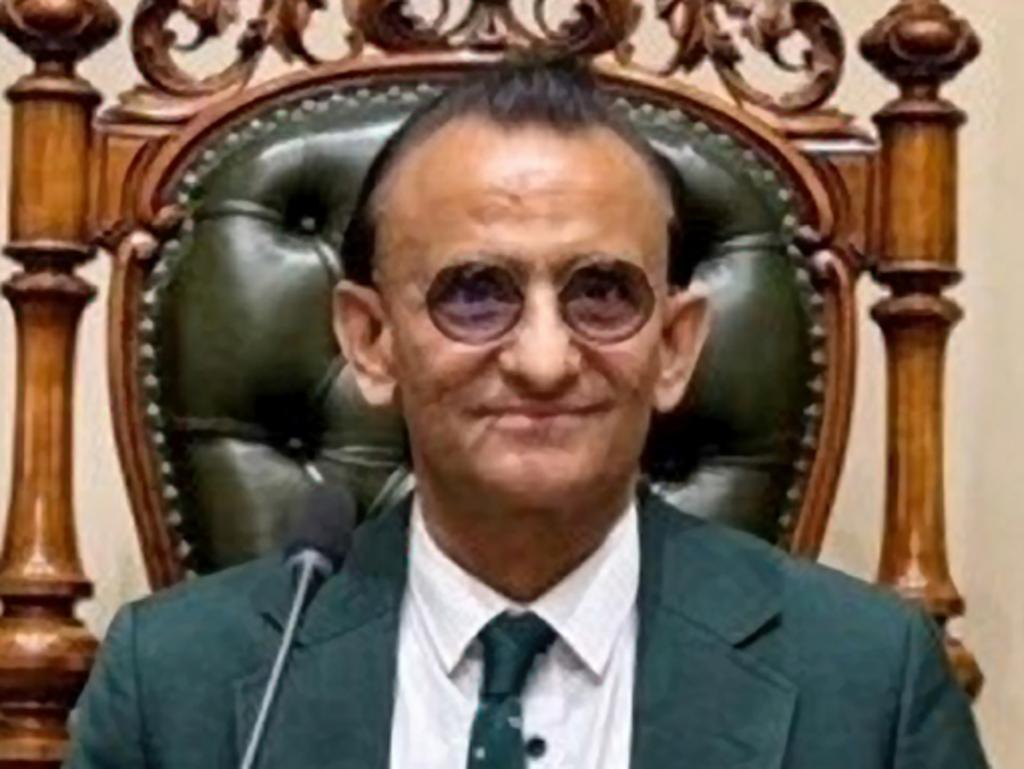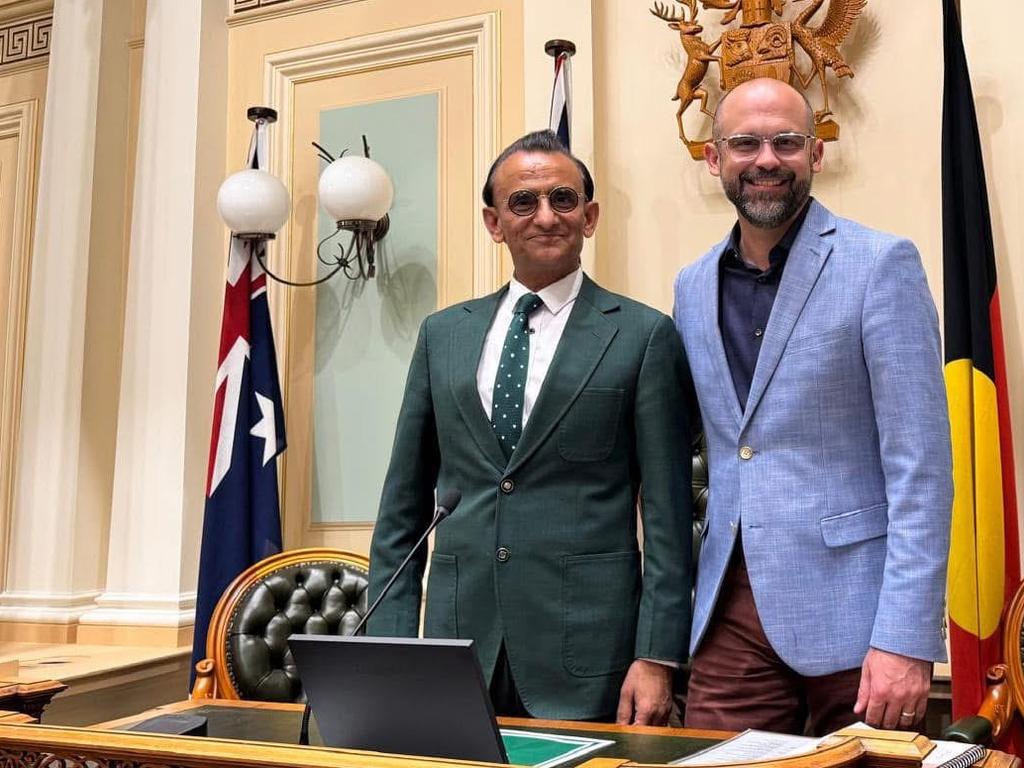Peter Wilson is the human face of NDIS abomination: blind, milked for cash, cut off from outside world
The NDIS operator that was meant to care for Peter Wilson drained his funds until he had nothing left. Cocoon SDA Care charged for services that were never provided, and overcharged for others that were. It meant he was robbed of the one thing in life that gave him pleasure | WATCH
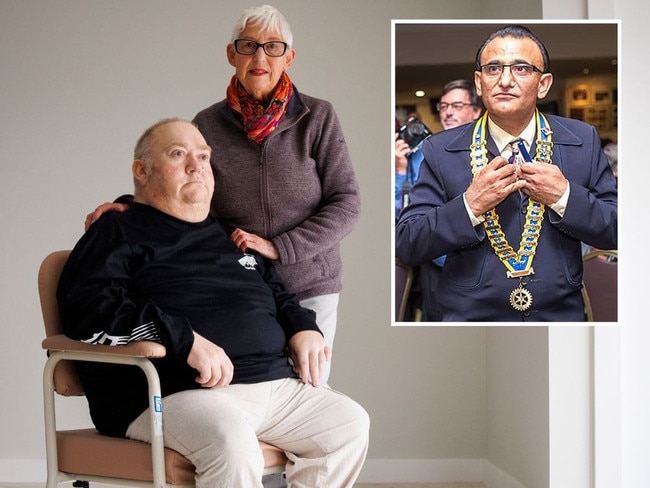
Peter Wilson is the human face of the cruelty and mismanagement of NDIS operator Cocoon SDA Care.
The firm that was meant to care for Mr Wilson wrongly drained his funds until he had nothing left. He was charged for services that were never provided, and overcharged for services that were provided.
It meant he was robbed of the one thing in life that gave him pleasure: trips twice a week to his local Bunnings, where he would pat dogs, smell the plants and be greeted by staff like an old friend. It meant a supplier of essential incontinence products wasn’t paid and would no longer supply him.
As a result of Cocoon’s refusal to refund the money it had overcharged Mr Wilson, he has been stuck in his home for almost four months.
His story is the most devastating example yet of what Cocoon’s practices did to some of the most vulnerable people in the nation. They needed protection and help but were treated like a commodity.
In the lead-up to and during this scandal, Cocoon’s leadership travelled the world, donated to politicians and attended awards nights celebrating themselves as running one of the nation’s “fastest growing” and “best” places to work.
Mr Wilson, 55, a computer technician, had two strokes late in life, went blind and developed vascular dementia. He lives in 24-hour care in Adelaide.
With Cocoon imploding, his devoted mother, Carol Wilson, has been concentrating on getting him into a new home and a new provider, but last weekend she sent The Australian an email outlining how her son had suffered.
The 81-year-old came forward after The Australian referenced her son through the accounts of whistleblowers who were shocked at his treatment.
“The man in your Cocoon story sounds very much like my son Peter who until recently had Cocoon as his provider,” Ms Wilson wrote.
“Cocoon stole what little joy he had in life – a few hours a week of community participation.”
Mr Wilson would “go on an outing with a carer to the local Bunnings for a coffee and hope to meet a customer in the garden section with a dog he would ask permission to pat”, Ms Wilson wrote. “Cocoon not only reduced the funding he had for this simple pleasure but his funding to buy necessary incontinence products.”
She learned that the care house team leader went out scouting for sanitary products on special and at op shops in her own time and spending her own money. The team leader refused to be compensated by Ms Wilson, trusting that the company would soon come good and refund her.
“Cocoon throughout this time refused to repay a cent,” Ms Wilson said. “They denied and stalled at every turn. As an aside, Cocoon are still sending invoices through for services they have never provided. Requests for them to desist have had no effect to date.
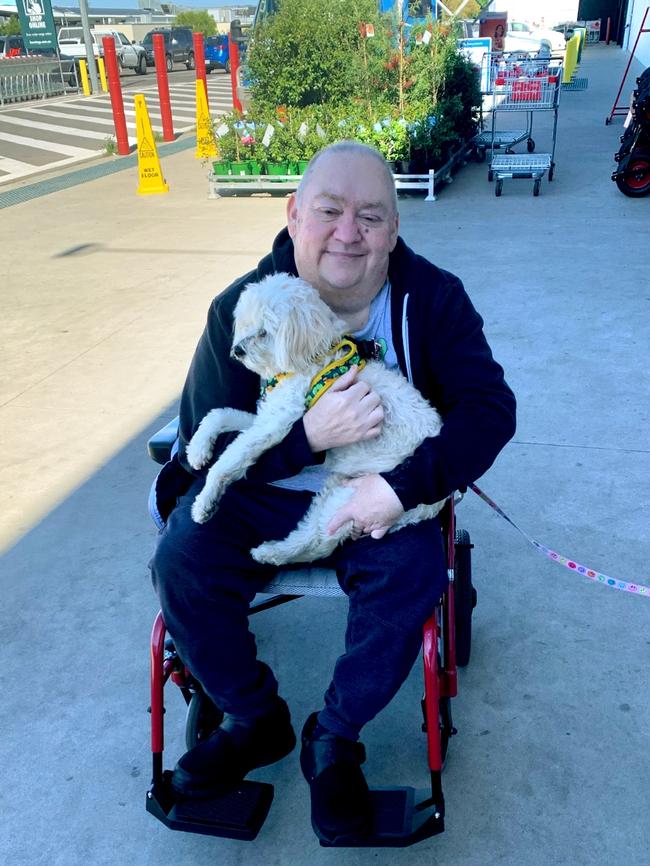

Later, over the phone, Ms Wilson said that twice a week, for two hours a day, a carer would take Mr Wilson out of his home on his favourite outing, to Bunnings.
This carer had nothing to do with Cocoon and was arranged by Ms Wilson independently through the support worker website Mable.
What Ms Wilson only discovered later was that Cocoon was falsely claiming it too was taking her son out of his home.
Cocoon was charging the NDIS for four hours a day, three days a week of “community participation”, or 12 hours a week total.
Ms Wilson, who visited her son almost daily, knew his carers well and kept a daily journal, knew Cocoon was not taking him out on those days. “I had all the journal entries of what Peter was doing on each day that the claims were made, and they coincided with him having Covid and him going to hospital for this and that. So I had a lot of evidence, and I still have,” she said.
Further, Cocoon was claiming it took Mr Wilson out for four hours on Mondays, Wednesdays and Fridays. But on Wednesdays and Fridays, Mr Wilson was out of his home with the Mable worker who had nothing to do with Cocoon. He could only be out for two hours at a time because he “couldn’t last any longer than that”.
“He was exhausted after that – he had to go back and go to bed”, Ms Wilson said.
After a period, the money to take Mr Wilson out of his home and to purchase hygiene products ran out.
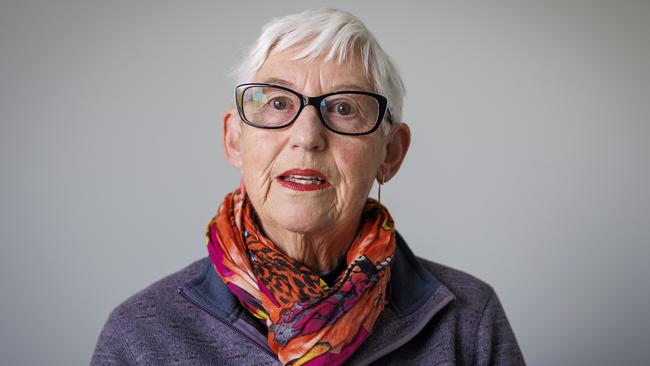
When Ms Wilson questioned a Cocoon manager, she was told that was the way the firm did things so that it could charge less for rent, and that the NDIS was good with that.
Company insiders and other NDIS sources said this was not how the scheme worked.
Ms Wilson went back through the invoices and calculated that Cocoon charged Mr Wilson $59,197 for community participation it didn’t provide.
Issues were only discovered because a support co-ordinator started asking questions about the plan.
On top of the false community participation charges, Cocoon was also charging Mr Wilson at the higher rate for high-intensity care 24 hours a day, seven days a week.
The support co-ordinator believed Mr Wilson should only have been on the high-intensity rate for an hour a week when he was getting diabetes and weight-loss drug Ozempic injections.
“My support co-ordinator said, ‘if we get them to give this back, Peter will be in the clear. He’ll have plenty of money’,” Ms Wilson said.
Try as they might, they could not get Cocoon to repay the money.
With Ms Wilson’s blessing, the support co-ordinator filed a report with the NDIS Quality and Safeguards Commission in late February this year before going on leave.
Ms Wilson said that when she followed up with the commission in mid-March, she was told: “We haven’t received it.”
On March 18, Carol gave a statement to the National Disability Insurance Agency’s fraud unit. At a meeting on April 23, the company offered to repay a fraction of what it had wrongly charged. Ms Wilson declined. The support co-ordinator called the meeting a “disaster” as they walked out.
“We knew we weren’t going to get any money,” Ms Wilson said.
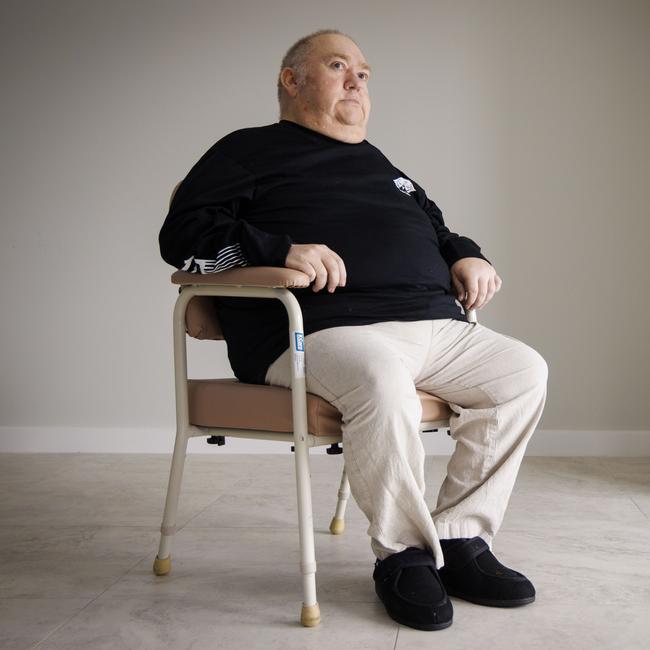
The next morning, a Cocoon manager who attended the meeting “phoned to apologise and to say she could not look me in the eye at the meeting and had later handed in her resignation”.
The callousness of Cocoon’s senior management contrasted with the dedication and care of staff, including frontline workers.
When the company stopped paying its own staff in March, Mr Wilson’s carers would still turn up, shift after shift to provide care.
Mr Wilson’s NDIS funding would otherwise have easily covered his twice-weekly excursions to Bunnings, a modest expense that delivered a lot of emotional benefit. “It’s close by, the doors are automatic, they get disability parking near the door, the aisles are wide and so on,” Ms Wilson said.
“The little cafeteria there is all spaced out, the tables were brilliant, they had the daily Advertiser newspaper there for you to read and he was very good with long-term quizzes.
“The people that are on duty in the cafeteria and around, they’ve got to know him. They’d come up and say ‘Hi, Peter’. Wendy (the Mable worker) would pick off a little bit of mint or something and rub his fingers with it, and ask him what he thought it was.
“He met all the dogs that were in there, because they allow animals in if they’re under control. We’ve got photos of him nursing animals with a great, big smile. I had to dismiss her in the end because we ran out of funds and we were owing Mabel, and I’ve had to pay that out of my own money. I’ve had to pay a lot of things out of my own money to get out of this.”
Mr Wilson has not been out of his home for community participation since the end of January.
“It’s set him back, you know,” Ms Wilson said. “Like, you sit all that time, not seeing, not understanding what’s going on. He knew (Wendy’s) voice. They had their own little jokes. He was starting to get really quite fun and cheeky with her, and she just delighted in that.”
Cocoon is now suspended after site visits this month identified serious safeguarding concerns. It is facing a proposed permanent ban for alleged inappropriate charging for services to prisoners and the dead.
Founder Zaffar Khan said in a statement on Monday that the firm’s payment plans for Mr Wilson “aligned with the expenses we incurred”. He claimed “an acknowledged error occurred here and was self-detected by Cocoon and we initiated corrective action and reporting to the agency”.
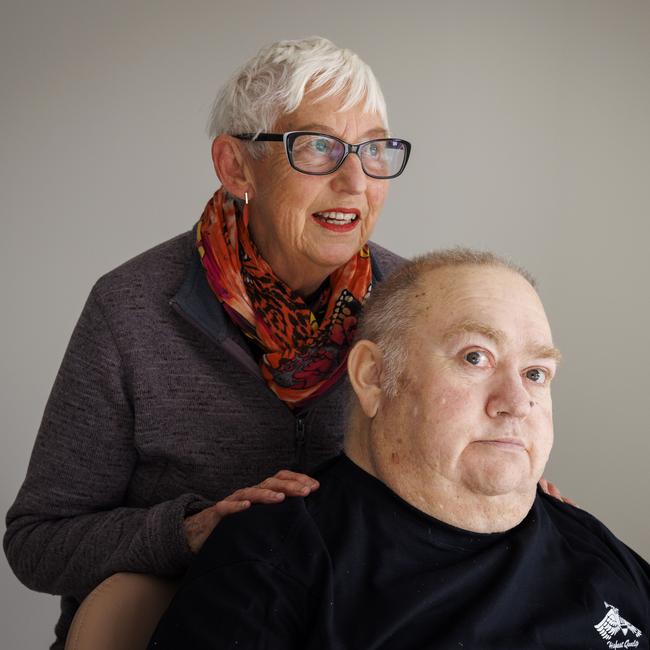
He added: “Contrary to the consistent attitude displayed by the agency, this incident demonstrates Cocoon’s good-faith conduct and the existence of rigorous internal cross-checks. The refund has been finalised through the appropriate administrative channels, and we communicated this outcome to the relevant parties.
“We acknowledge (an) NDIS participant has been inconvenienced and that is stressful for them and doesn’t reach the service standard we wish to fulfil. This process has now concluded, and we can confirm that appropriate refunds have been initiated in line with our compliance obligations.”
Mr Wilson’s first stroke was in 2021, and his second in May 2023. He moved into a Cocoon home in July that year.
Ms Wilson said that, as Cocoon fell apart, the firm suggested he move to a new company, Essential Care Services. That company is owned by Khan’s son-in-law, Jawad Shah, who is married to his daughter Fariha.
Mr Wilson is now with a different provider in emergency accommodation and his community participation funding is being restored. His former external carer is due to take him back to Bunnings this week.
Contact David Murray at murrayd@theaustralian.com.au


